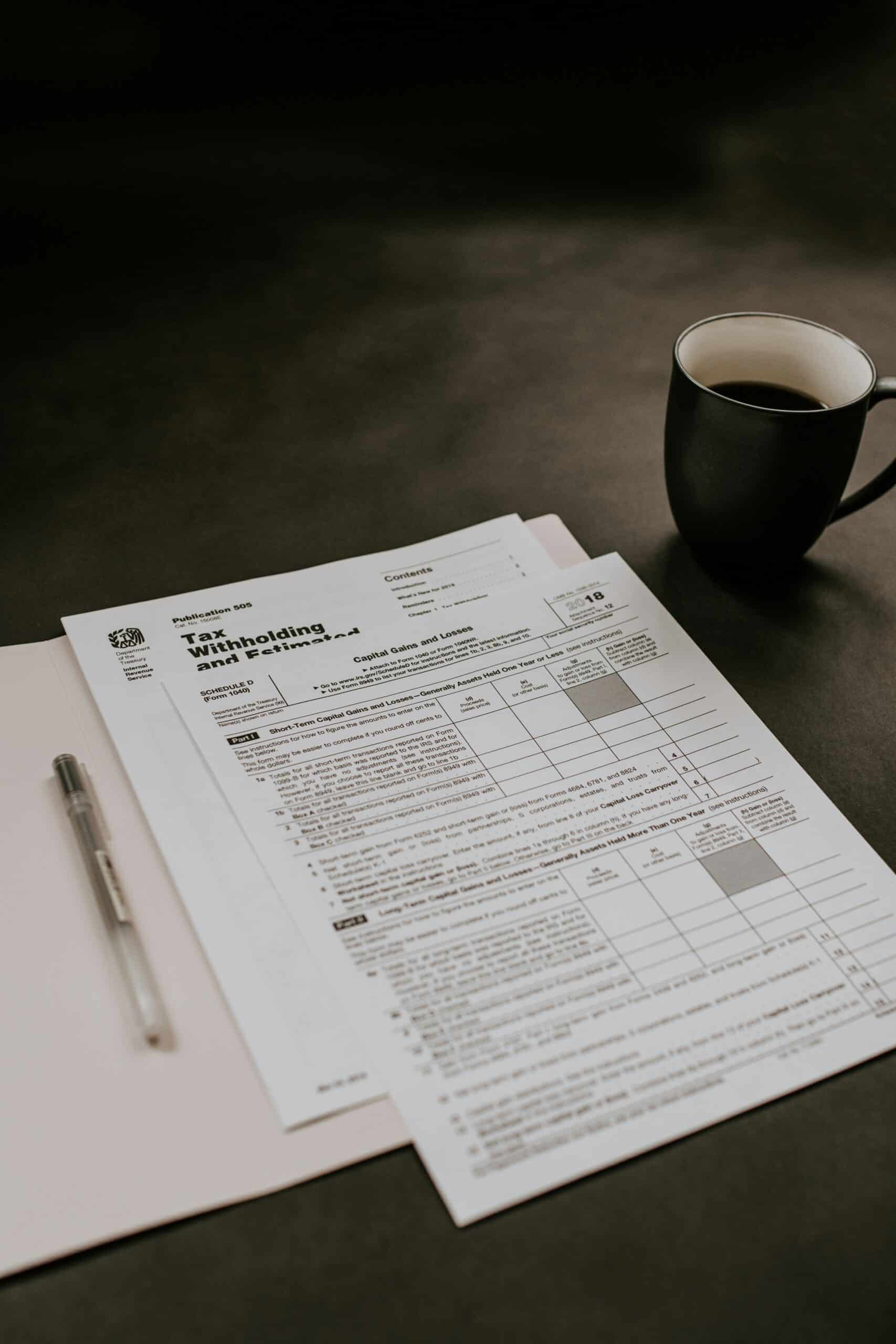Certified Public Accountant (CPA) Certification Guide
What’s in this guide?
- What is the CPA certification?
- Why get the CPA Certification?
- How to Become a Certified Public Accountant
- The CPA Exam
- Your CPA Certification Questions Answered
- What strategies can I use to balance working full-time while studying for the CPA exam?
- What are some lesser-known benefits of obtaining the CPA certification besides increased salary?
- Can I pursue the CPA certification if my bachelor’s degree isn’t in accounting?
- What are the implications of failing a section of the CPA exam, and how can I recover?
- Which Jobs Value the CPA Certification?
Why get the CPA Certification?
- Credibility and Respect – CPAs are held in high regard in the business world, enhancing credibility with clients and employers.
- Career Opportunities – The CPA designation opens doors to a variety of career paths in accounting, finance, and business.
- Increased Earning Potential – CPAs typically earn more than their non-certified counterparts. According to the AICPA, CPAs can expect to earn 10-15% more than accountants without this certification.
- Professional Independence – A CPA license allows accountants to open their own practice in the United States, offering services such as auditing, tax preparation, and consulting.

The CPA exam is a comprehensive assessment of the knowledge and skills expected of professional accountants. It covers a wide range of accounting and auditing topics, from financial reporting to tax regulations. The computer-based format tests not only your knowledge through multiple-choice questions, but also your ability to apply that knowledge through simulations and written communication tasks. While challenging, passing the CPA exam demonstrates your commitment to the profession and opens doors to diverse career opportunities in accounting, auditing, and finance.
